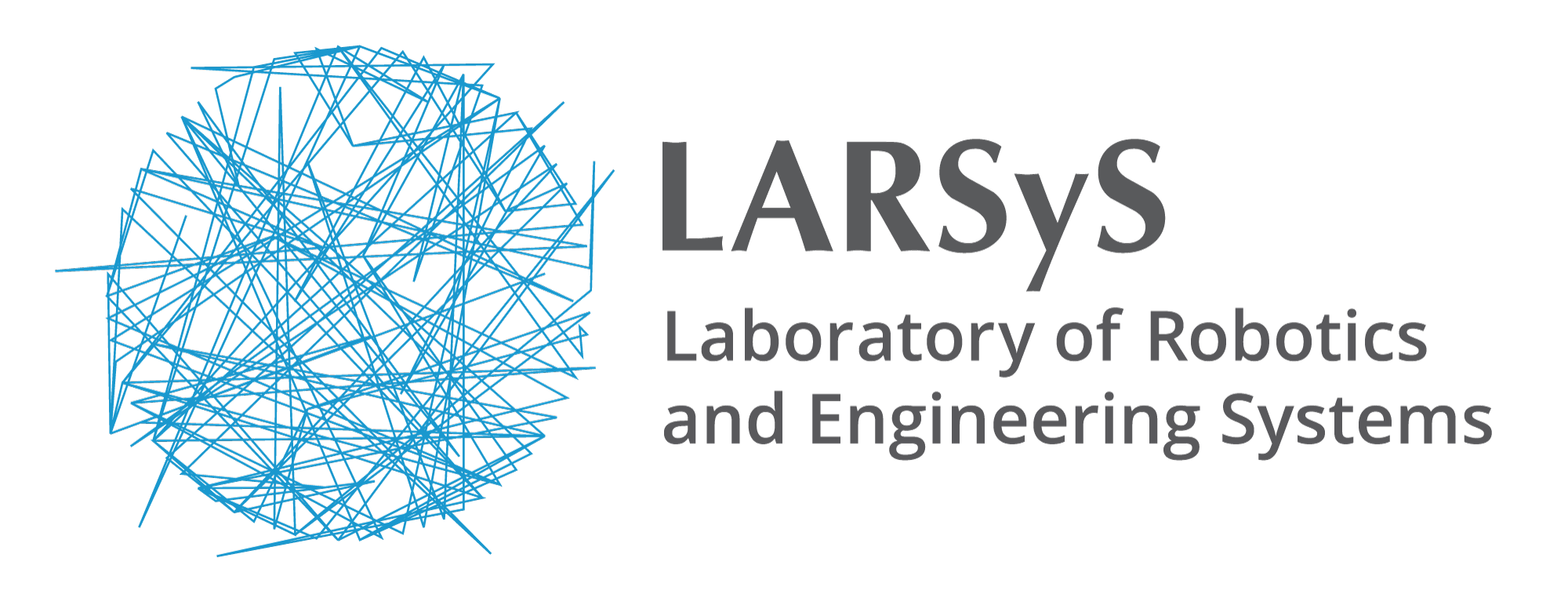LARSyS aims at research excellence at the highest international level in Robotics and Engineering Systems, including building-up new knowledge bases with impact in ocean, urban, aeronautic and space, biomedical, and future working environments, as well as to stimulate new industry-science relations and deepen our understanding of network science.
Our ultimate goal is to be actively involved in a new generation of research question and issues in Robotics and Engineering Systems.
The research agendas of the LARSyS groups are complemented by 5 interdisciplinary Thematic Lines:
- OCEAN: Exploration and Exploitation
- URBAN: Sustainability
- AIR: Space and Aeronautics
- LIFE: Engineering for and from the Life Sciences
- INTERACTION: Cognitive Robots for Human assistance
To succeed in the above research fields we need to explore new frontiers of knowledge in themes associated with large-scale distributed decision. Our target is to enable new knowledge in network science to undertake core challenges such as distributed optimization and decision-making for large-scale dynamic networks, Big Data processing, and user communities’ representation for pro-social behaviours and actuation upon them. Overall, our researchers aim to foster new frontiers in Robotics and Engineering Systems, covering dynamical cyber-physical systems, human-computer interaction and social-technical systems, as well as policy research dealing with uncertainty and risk governance. This will involve the following general strategic objectives:
- Promote scientific research and technological development in emerging areas of interest in Robotics and Engineering Systems, through major research projects with national or international Universities, R&D institutions and industrial companies;
- Promote active intellectual collaboration among researchers with varied backgrounds and perspectives acquired in different kinds of science (e.g., experimental, computational and theoretical), different sectors (university, industry, governmental and regional administration) and different regions;
- Provide education and research experience for graduate and undergraduate students, post-doctoral researchers, and industrial fellows, providing exposure to leading-edge research and introducing the students to large-scale collaborative research ventures;
- Promote the diffusion of scientific results through publications and by organizing seminars, conferences, exchange visiting programs and scientific meetings at a national or international setting;
To achieve these objectives, our researchers aim to perform research activities together with advanced training and technology transfer and commercialization. At the level of advanced training, our goals consider initiatives at post-doctoral, doctoral and master level in the areas of Electrical and Computer Engineering, Computer Science, Human-Computer Interaction, Sustainable Energy Systems, Engineering and Public Policy and Technology Management Enterprise. LARSyS researchers coordinate many of these programs, at master and doctoral level, and have led a number of new initiatives at international level, including the MIT-Portugal and the Carnegie Mellon joint ventures.
They have been implemented through IST, University of Lisbon and the University of Madeira along three main pillars:
- Joint international partnerships- privileges the strategic long-term cooperation with a few high-level partners, at the best international level;
- National doctoral programs- follow traditional forms of advanced training and have been very important to open a social basis for high-level advanced training;
- Specialised training- based on the organization of research workshops and summer schools, which have been particularly important to foster new fields of research.

